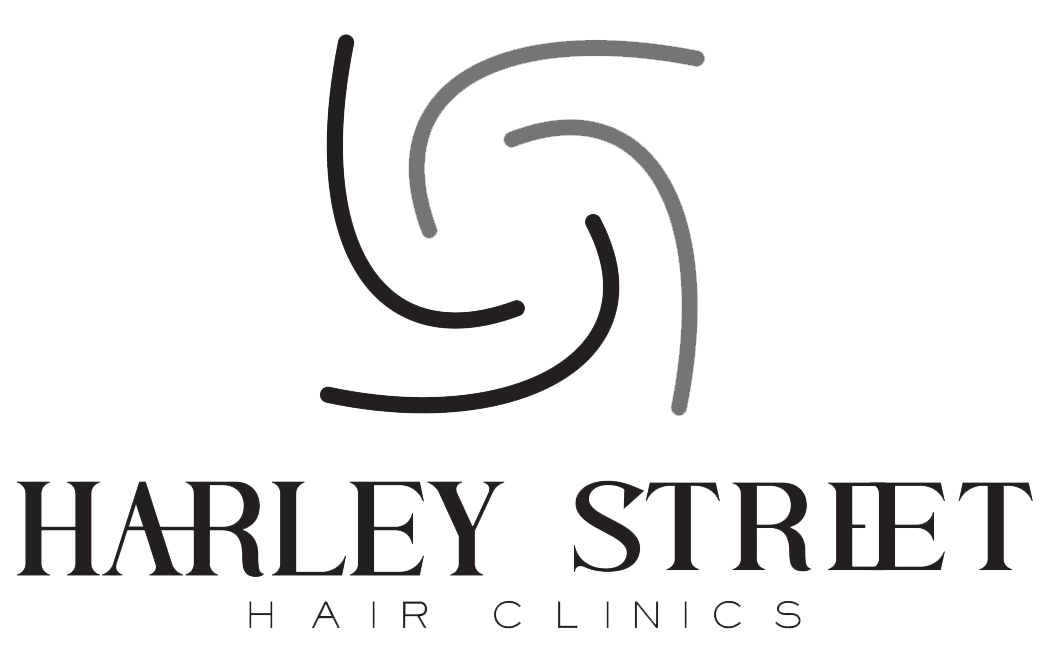Hair loss is one of the most common concerns for both men and women, often caused by genetics, hormonal changes, stress, or nutritional deficiencies. With so many supplements on the market, a common question arises: Do multivitamins really help prevent hair loss? Let’s uncover the truth.
The Role of Nutrition in Hair Health
Healthy hair growth depends on a balanced diet that provides essential vitamins and minerals. Deficiencies in nutrients like iron, vitamin D, zinc, and biotin can weaken hair follicles, leading to thinning or shedding. Multivitamins are designed to fill in these nutritional gaps, but their effectiveness depends on the root cause of your hair loss.
Can Multivitamins Prevent Hair Loss?
Multivitamins can support hair growth in individuals with poor nutrition or vitamin deficiencies. They provide essential nutrients like:
Biotin (Vitamin B7): Supports keratin production, strengthening hair and nails.
Vitamin D: Plays a role in new hair follicle creation.
Iron: Helps red blood cells deliver oxygen to hair follicles.
Zinc: Assists with tissue growth and repair, including hair.
Vitamin E: Protects hair follicles from oxidative stress.
However, if your hair loss is caused by genetics (such as androgenetic alopecia), multivitamins alone won’t reverse it.
The Limitations of Multivitamins
They are not a miracle cure for hair loss.
Overuse can cause side effects like nausea, headaches, or imbalances.
Hair loss due to hormonal changes, medical conditions, or stress requires targeted treatment beyond supplements.
The Best Approach to Hair Loss
Eat a balanced diet rich in whole foods.
Get your blood tests done to identify nutritional deficiencies.
Consider multivitamins if your doctor recommends them.
Explore advanced treatments such as PRP therapy, FUE hair transplants, or medical treatments if hair loss continues.

